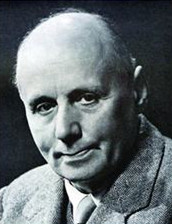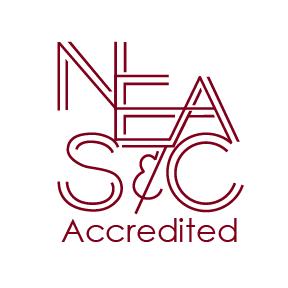First “Lesson” at UWC Changshu China
Issue date:2020-09-17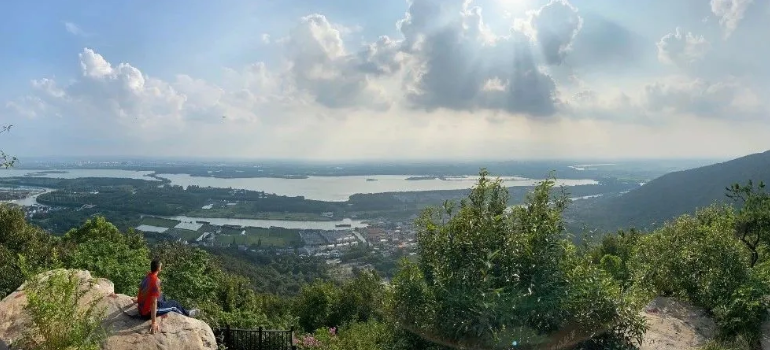
“I regard it as the foremost task of education to ensure the survival of these characteristics, an enterprising curiosity, and undefeatable spirit, tenacity in pursuit, a readiness for sensible self-denial and above all compassion.”
Kurt Hahn
German educator,Founder of UWC
“Step in, step out.”
Twenty students sitting in a circle, responding to facilitator’s questions. Some students got closer to each other. Some estranged themselves from the group.
After forty life-reckoning questions, students ended up with different positions in the classroom and were asked: Are you privileged? What part of your social or individual identities brought you such privilege? How do you define privilege?
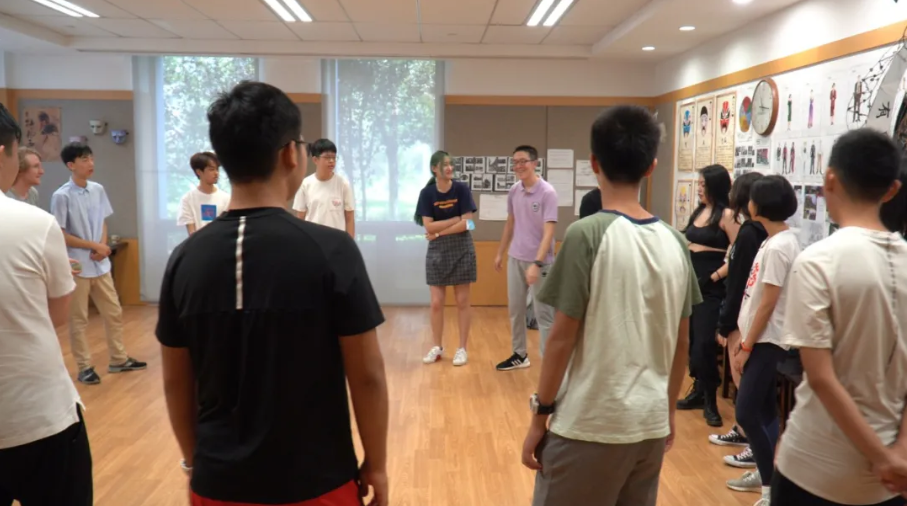
Step in step out
The scene drew from one of the Critical Engagement sessions happening on the campus, as part of the September Learning Programme is a typical activity demonstrating one of the essense of mission and value driven UWC education.
Learn to live out UWC values
The September Learning Programme (SLP) is designed by experienced IB educators as an academically, socially and physically challenging immersion into the UWC educational model. The programme aims to provide a foundational experience that connects the students with all of the UWC values and challenges them to develop skills and attitudes that will enable them to live out the UWC values. It also helps students build confidence and leadership skill and create the foundation for success in IBDP programme.
The SLP includes two distinct phases, the first focuses on skills building experiences and the second on a challenging academic programme, themed around issues of global sustainability. These sessions target on developing essential skills and understandings that are needed not only for academic success but also for life beyond the classroom.
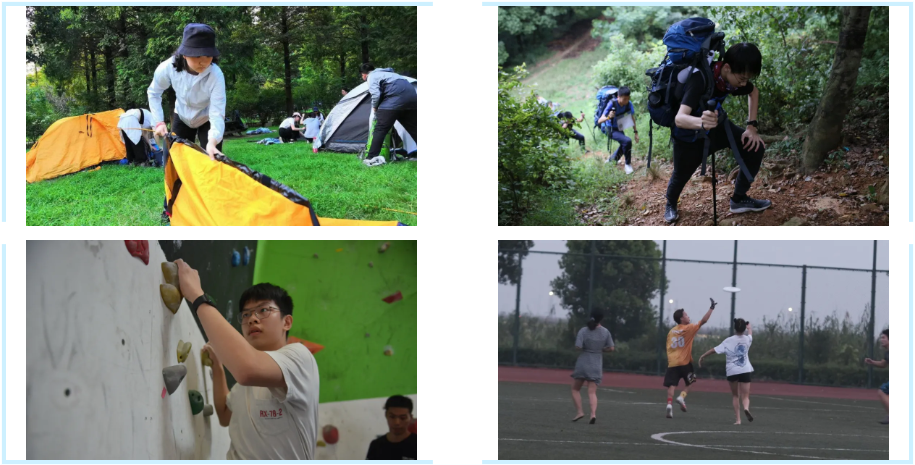
At this point, the first phase of SLP has concluded with FP and DP1 students experiencing three rotations of experiences: an outdoor educations component, a critical engagement component, and a 3-day deep dive into a core academic course: for FP, Critical Thinking, and for DP1 Theory of Knowledge (TOK).
01
Outdoor Education, Critical Thinking and Critical Engagement
The outdoor education programme is comprised of multiple activities, ranging from rock climbing, lifesaving, kayaking and a hiking trip that included a night in tents on Yushan. If you happened to walk close to Yushan in the past week, you would find a group of students awkwardly cooking their own meals or sleeping outdoors in tents, an experience that some of them have never had before. Besides that, the unpredictable weather brought more surprises.
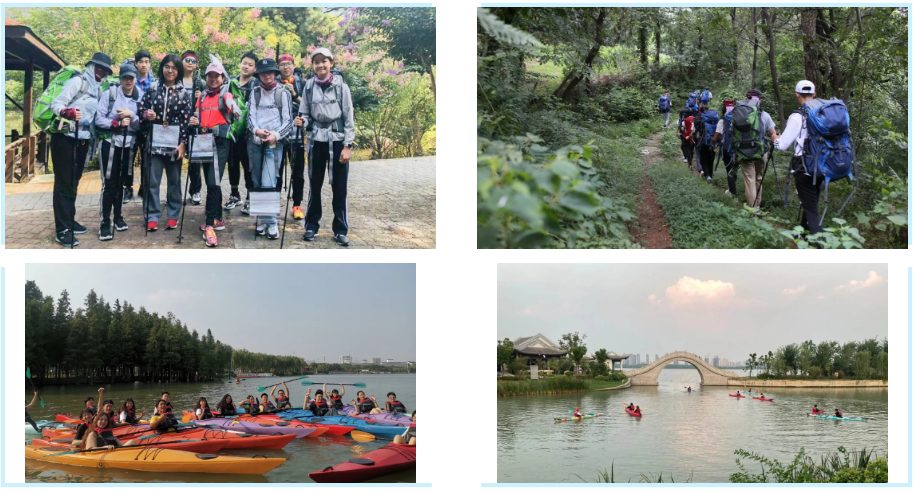

Yet, it is because of these unexpectable hardship that students learned valuing the teamwork and spirit of collaboration. Ultimately, an attempt of a new sports activity or a novel camping experience - these moments marked students’ stepping out of their comfort zones, a spirit that UWC has always celebrated.
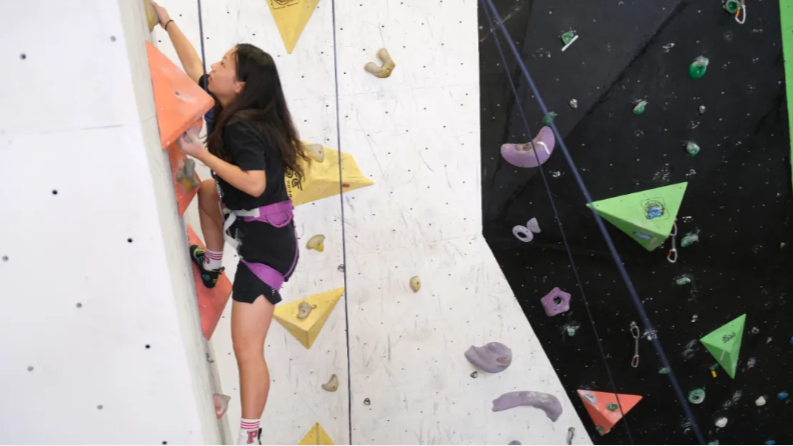
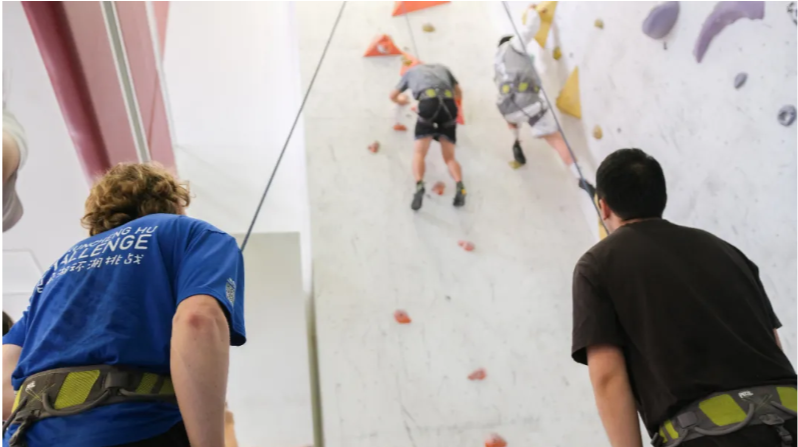
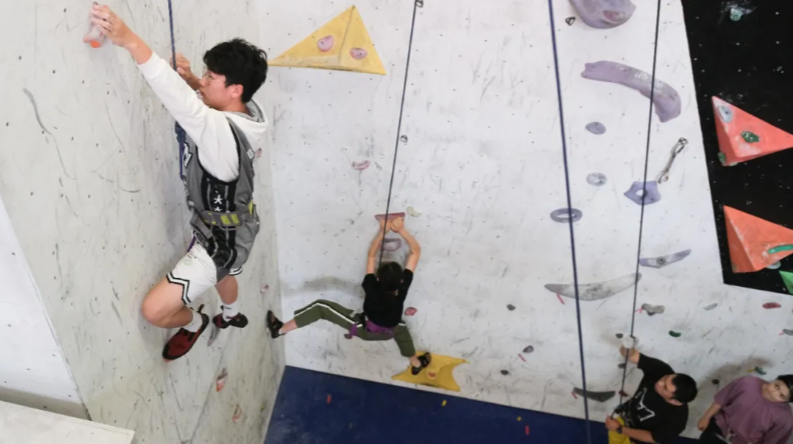
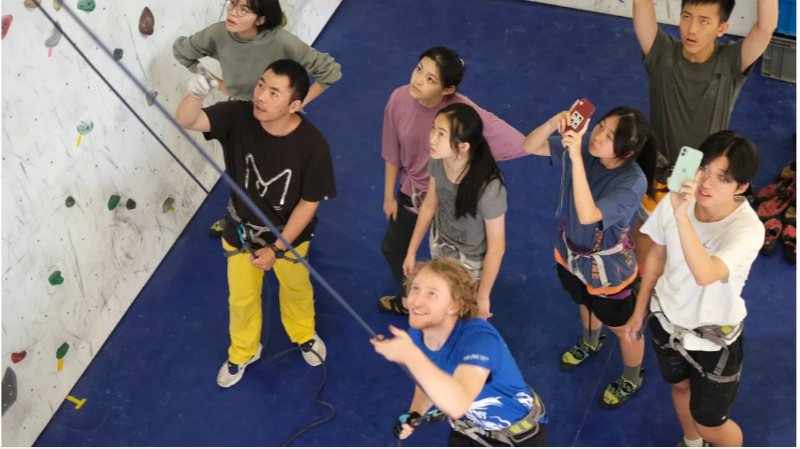
“Hiking at Yushan mountain really trained me both physically and mentally. We had to bring our own 10kg backpack and marched under the torrid sun, which was a huge challenge for both my physique and mentality. Traversing the rugged mountain paths, everyone had thought to give up, but nobody did. After seven and a half hour’s endeavor, we finally reached the top of the mountain. Looking at the vast landscape, we relieved and thrilled to achieve this together.”
——Joseph, FP
The FP Critical Thinking programme, one of the subjects in FP curriculum, has engaged students in the development of critical thinking skills.
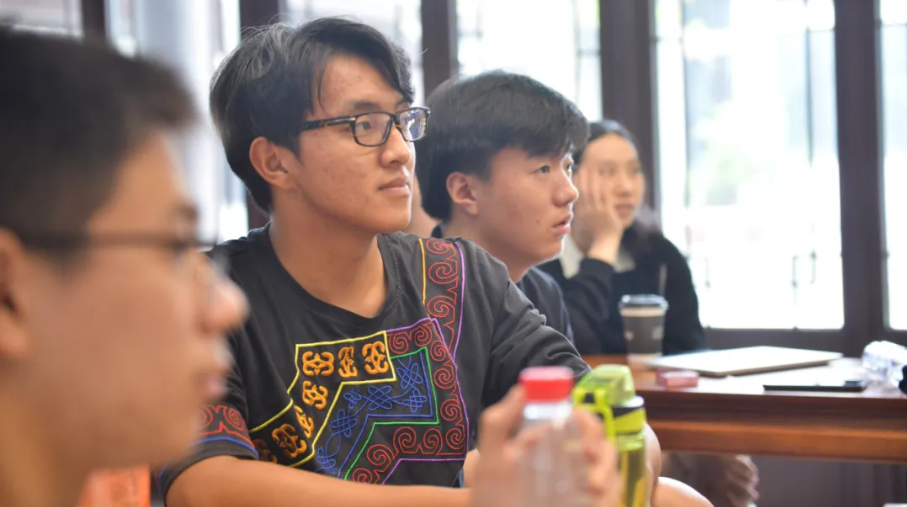
Through a process of examining conspiracy theories – learning how they are created; thinking in what ways skills and knowledge can be developed; refuting the false claims made by conspiracy theories; debating with their peers – students leaned to think outside and beyond the box.
It encourages students to “sew a seed of doubt” and become confident to question their own instinct of certainty, which marks as an important skill that student will employ for the rest of the school year.
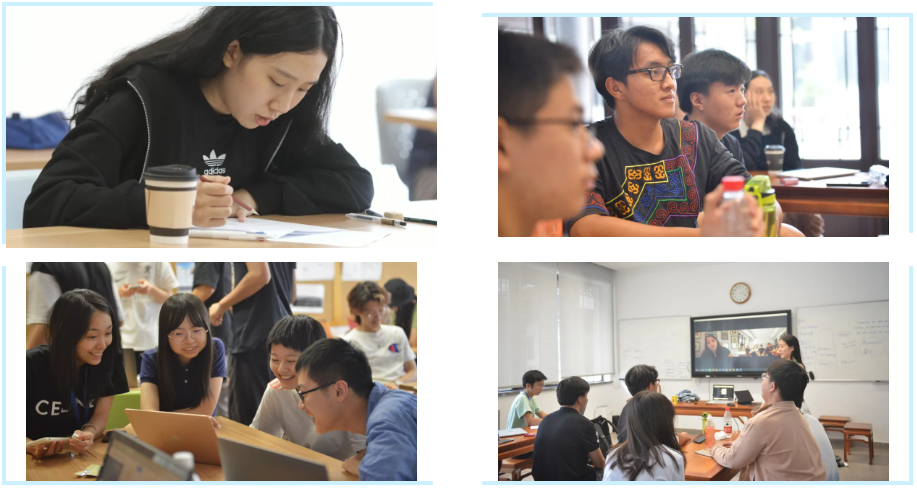
The Theory of Knowledge (TOK) programme introduced DP1 students to the TOK programme, the core of the IB Diploma programme.
In this specific session, the over-arching theme focuses on examining the relationship between the individual knower (us, the person who knows things) and the broader context and communities that shape our understanding, values, and perspectives. Throughout debates and group discussions, students have been challenged by examining their understanding of real-world problems and how they are individually connected to these.
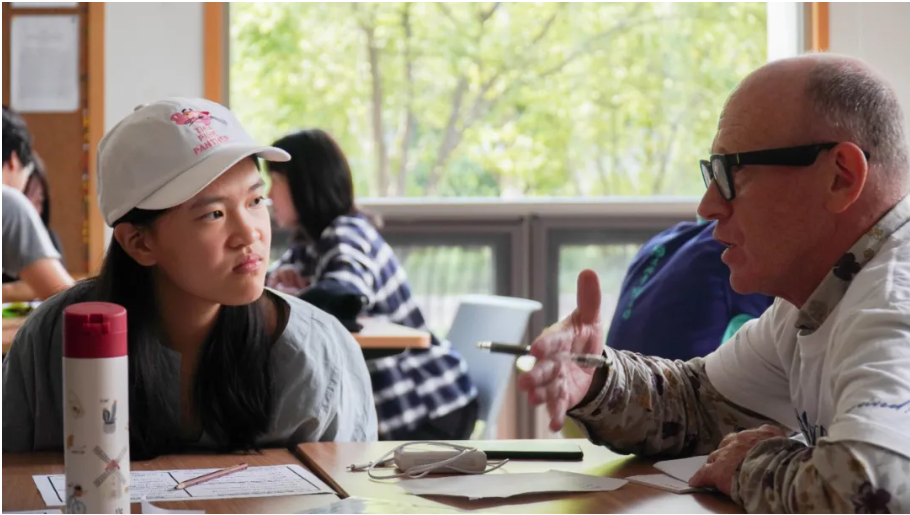
The critical engagement programme is a three-day experience that is designed and delivered by UWC alumni, building skills and awareness in the core areas of identity, diversity and justice.
In addition to a variety of activities that allow students to understand their own perspectives on identity, diversity and justice, the programme has also delivered an in-depth exploration into the nature of racism and its connection to the outcomes of our current ‘isolated’ culture, due to the pandemic and also a global trend of nationalism and populism.
“I consider this part of the programme an emblem of the UWC values. Throughout the activities, we have reflected on the impact of education and equality on shaping people’s ideals as well as inclusion and exclusion. These are all the conversations that I think we will continuously encounter in a UWC context. Indeed, it is impossible to solve these huge social issues in only a couple days; however, I am glad to start to this conversation now and to become more prepared for my UWC experience.”
——Nicole, DP1
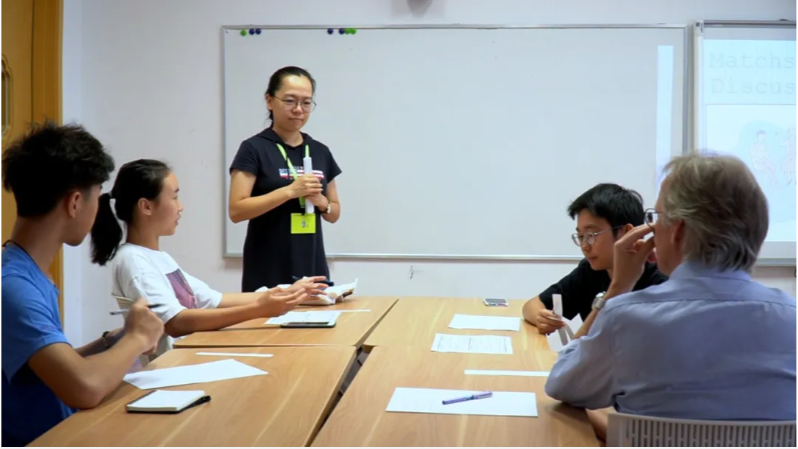
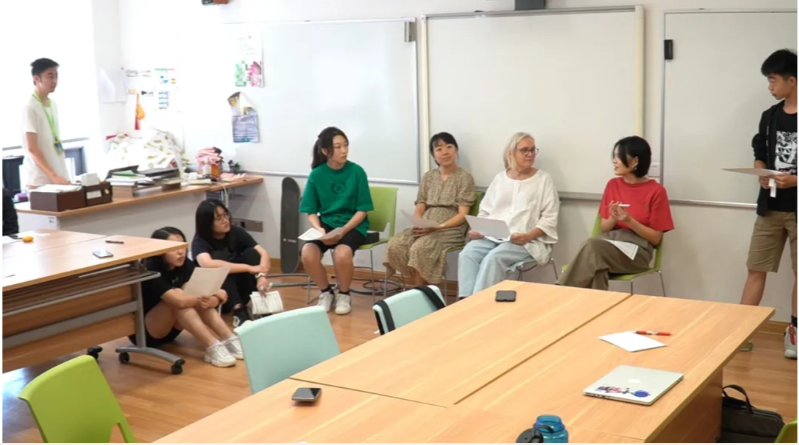
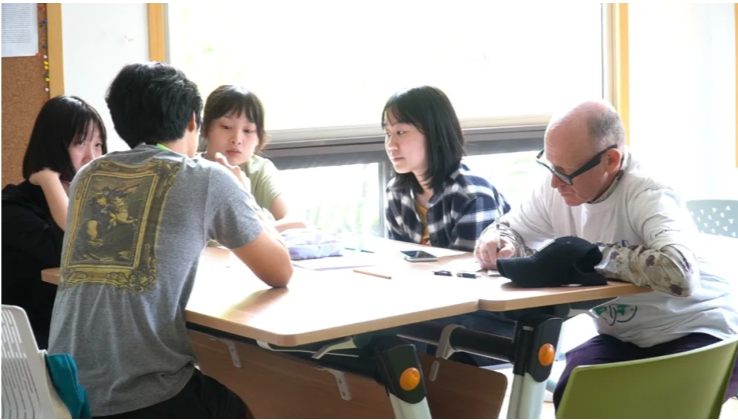
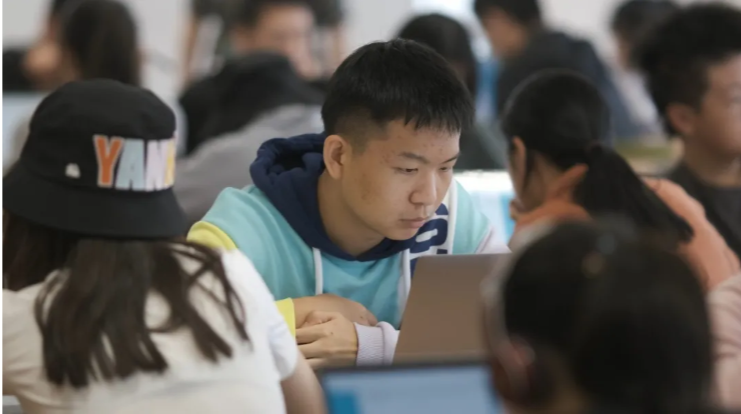
02
Experiential Academics
Moving forward into the second phase of the programme, students will dive deeper into the academics while continuing developing and applying the skills they have acquired in the first half of the programme.
The essence of the second phase lies on the inquiry-driven learning experiences, a learning process that encourages students to further develop and incorporate their learned skills through participating in experiential learning and authentic assessments.
The expectation of the program is aligned with the IBDP Approaches to Learning (ATL) skills (thinking, research, communication, social/collaboration, and self-management) in order to better prepare them for the upcoming academic year. For instance, self-management skills will be important for FP and DP1 students because the program is intensive and rigorous. By the end of the program, they will have completed one daylong module and one summative assessment for each academic subject group.
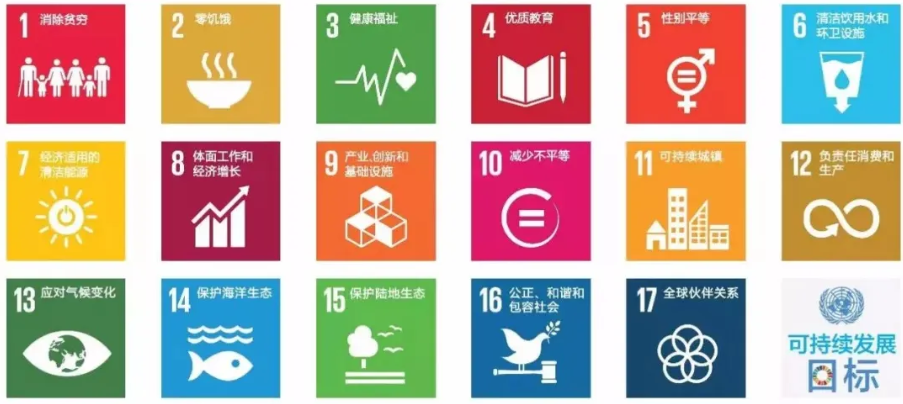
The second phase program also resonates with the overarching theme of the whole SLP: the United Nations Sustainable Development Goals (UNSDGs). Each day, students will conduct an either disciplinary or interdisciplinary academic inquiry that connects to one or more UNSDGs in order to better discuss and reflect on real-world issues.
“This alternative approach allows for deeper, experiential learning experiences that are central to the IB and UWC educational models, both of which challenge students to learn in various dimensions (intellectually and social-emotionally), consider diverse perspectives, and make connections between academic knowledge and real-world issues. In this way, the second half of the program gives students a chance to apply the concepts that they learned in the first half of the program.”
——Michael Martell
Deputy Dean of Curriculum Innovation
For DP1 students, from September 15th to 30th, they will have two 100-minute classes in each of their chosen IBDP subject classes as well as a 6-day intensive Academic Program that emphasizes the foundational skills and understandings needed for the 6 IBDP subject groups.
For example, for the Science day, DP1 students will learn about research methodology in the subject field. Meanwhile, they will go out of the classroom and collect data on the ecological impact that our campus community has on the local environment, especially the Kuncheng Lake, process and analyze the data, and then draw conclusions, linking their findings to UNSDGs 14 and 15, in a final lab report. This daylong project not only prepares students for the IBDP Group 4 project and Internal Assessments, but also gives them the first-hand experience of conducting scientific research and reflecting on its implications with regard to local and global issues.
Running parallel to the DP1 academics, the FP students will participate in an 8-day Academic Exploration that offers inquiry-driven, engaging learning experiences. Other than serving as an introduction to the academic disciplines offered in the FP program, the 8-day exploration will encourage students themselves to develop their own understanding of the UWC mission and values by exploring global issues from various perspectives.
For this reason, the FP CORE course “Peace and Sustainable Future” is the framework around which all modules of the FP Academic Exploration are organized, with 4 days focusing on “Climate Change” (UNSDG 13) and 4 days focusing on Peace and Conflict (UNSDG 16). Students are encouraged to explore global issues, linked to UNSDG in various contexts, from diverse perspectives, and through various disciplinary (and interdisciplinary) lenses.
For example, the module collaboratively designed by FP Chinese and FP Arts teachers requires students to explore UNSDG 16 (Peace, justice and strong institutions) in the context of modern Chinese novels. Students will analyze the status and role of women in the society in Chinese history and then write, stage and perform an original theatre arts piece that reflect their group’s understanding of the issue analyzed in the extract of a Chinese novel. Students will experience the learning from in and outside the classroom and gain an indepth understanding of the literature pieces.
Project-based Learning
Learning in UWC Changshu China extends beyond the classroom. In the second phase, students will engage in two experiential projects.
DP1 students will begin working in groups to plan for Project Week, a weeklong service-learning project in Spring 2021 in which groups of students go to public schools in the less developed regions in China to have cultureal exchanges and share UWC mission and values. Students will reflect on what they learned during their academic modules and brainstorm ideas on how to design their own UNSDG-focused lesson to deliver to those school students during their Project Week experience.
For FP students, they will work in groups to research sustainability-related issues (aligned to UNSDGs 13 and 16) that pertain to a single country, and then represent that country in an ongoing project inspired by Model United Nations. The challenge of researching issues, writing original position papers, and delivering these arguments orally in a model United Nations conference allows students to extend what they learn in the daylong modules to issues of peace and sustainability in other countries. This collaborative project will be the first summative assessment for their yearlong FP Core ‘Peace and Sustainable Future’ course.
To embark this challenging but unprecedentedly special academic year, SLP serves as an opportunity to ground students in the values of UWC, develop skills that are at the core of the movement and provide an academic programme that tests these skills and displays connection to the outside world.
Moving forward, the programme only gives students a bite of the UWC experiences, leaving a vaster room for themselves to explore and to make learning a process that extends beyond the classroom, the campus and themselves.








